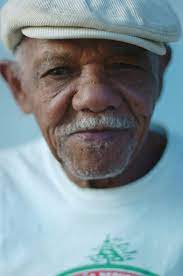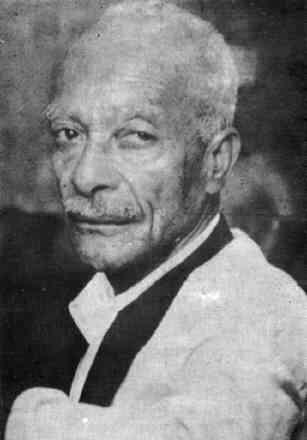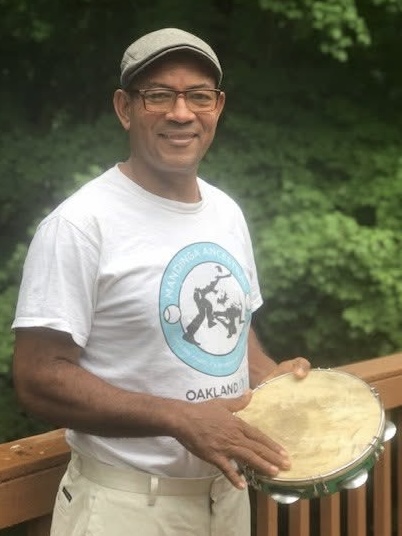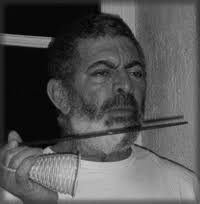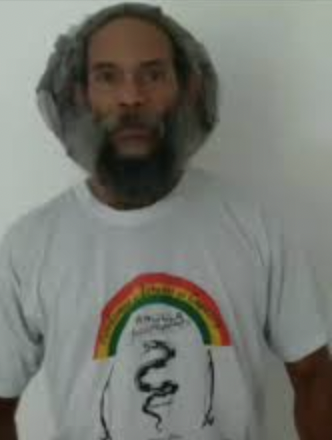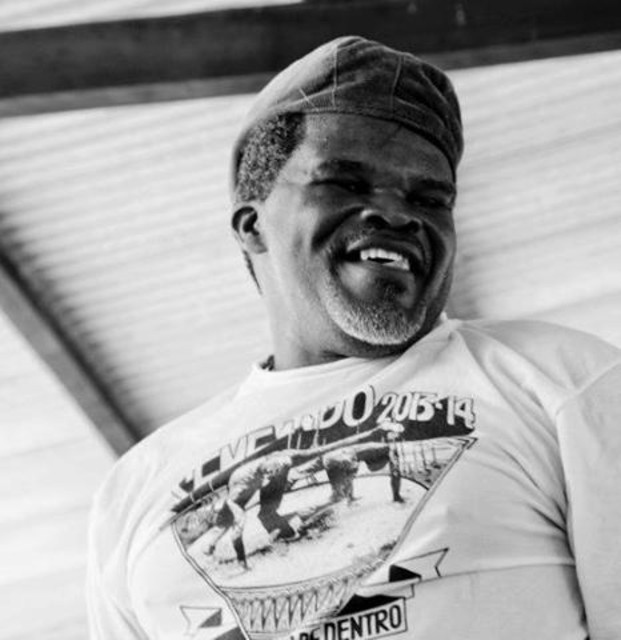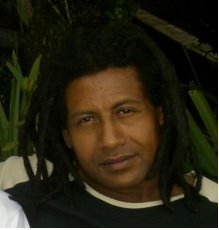Mestre Joao Pequeno
- Lived in: Salvador, Bahia, Brasil
- Date of Birth: 27-Dec-1917
- Date of Death: 09-Dec-2011
-
Learned from:
Mestre Juvêncio Grosso, Mestre Barbosa, Mestre Pastinha, Mestre Gilvenson
- Capoeira Style: Angola
Biography:
João Pereira dos Santos, known as Mestre João Pequeno, was a renowned Brazilian mestre of Capoeira. Born to Maria Clemença de Jesus, a ceramist of indigenous descent, and Maximiliano Pereira dos Santos, a cattle rancher at Fazenda Vargem do Canto in the Queimadas region, João Pequeno's early life was shaped by hardship. At the age of 15, he fled the drought on foot, traveling to Alagoinhas and later to Mata de São João, where he spent ten years working on a sugarcane plantation as a cattle herder. During this time, he met Juvêncio, a blacksmith and capoeirista at Fazenda São Pedro, which sparked his introduction to Capoeira.
At 25, João Pequeno moved to Salvador, where he worked as a conductor (ticket collector) on trams and as a construction laborer. It was in construction that he met Cândido, who introduced him to Mestre Barbosa, a key figure in Capoeira at the Largo Dois de Julho. Mestre Barbosa organized training sessions and gathered a group of friends who participated in rodas at the famous Cobrinha Verde's roda in Chame-chame. João Pequeno later joined the Centro Esportivo de Capoeira Angola (CECA), a gathering of capoeiristas coordinated by Mestre Pastinha. Around 1945, Mestre Pastinha appointed João Pereira as a "treinel" (assistant instructor), and it was during this time that he adopted the name João Pequeno.
By the late 1960s, when Mestre Pastinha was no longer able to teach, he passed the responsibility of Capoeira on to João Pequeno, saying: "João, you take care of this, because I will die, but my spirit will live as long as Capoeira exists." João Pequeno went on to teach Capoeira at Mestre Pastinha's academy, where he trained many future mestre capoeiristas, including João Grande, who became a key partner in his jogo (game), and other prominent figures like Morais and Curió.
In the 1970s, despite Mestre Pastinha's advice for him to work less and dedicate more time to Capoeira, João Pequeno found himself facing the difficulties of life in a large city. He worked as a market vendor and charcoal maker, earning the nickname "João do Carvão." He lived in the Garcia neighborhood and later in a shack near Dique do Tororó. After the death of his first wife, he met Dona Mãezinha in Pelourinho, during the golden years of Pastinha's academy, and they built a family together. With great effort, they constructed a house in Fazenda Coutos, a suburban area far from the city center, where they received visitors from Capoeira communities worldwide.
For João Pequeno, Capoeira is not only about physical flexibility and maintaining youthfulness but also about developing the mind. He sees Capoeira as a process of personal development, a fight created by the weak to confront the strong, but also a dance where no one should harm their partner. He believes that the true capoeirista knows how to control their power and avoid hurting others. "A capoeirista must be well-educated, like a good tree that bears good fruit," he often said.
In 1981, after Mestre Pastinha's death, João Pequeno reopened the Centro Esportivo de Capoeira Angola (CECA) at Forte Santo Antônio Além do Carmo in 1982, establishing a new base for Capoeira Angola's resistance and spreading its practice worldwide. Despite facing difficulties in maintaining the academy, João Pequeno successfully trained several mestres and built a large community of disciples.
During the 1990s, the state government attempted to evict CECA from its location for renovations, despite João Pequeno receiving several honors, including being named a citizen of Salvador by the Municipal Chamber, earning a Doctor Honoris Causa title from the University of Uberlândia, and being named a Commander of Culture by President Luiz Inácio Lula da Silva. João Pequeno's annual birthday celebration has become a spontaneous event in the Capoeira community, where a large roda takes place with the participation of various mestres and members.
João Pequeno's Capoeira style, marked by grace and precision, has left an indelible mark on the art. His exceptional skill and wisdom continue to inspire younger generations of Capoeiristas. In 1970, Mestre Pastinha remarked on João Pequeno and his companion João Grande: "They will be the great capoeiristas of the future, and for them, I fought and worked. They will be true mestres, not just improvised teachers who destroy our beautiful tradition. I taught them everything I know, even the 'jump of the cat.'"
João Pequeno is remembered not only for his excellence in Capoeira but also for his commitment to preserving and sharing its legacy, making him one of the most respected figures in Capoeira's history.
